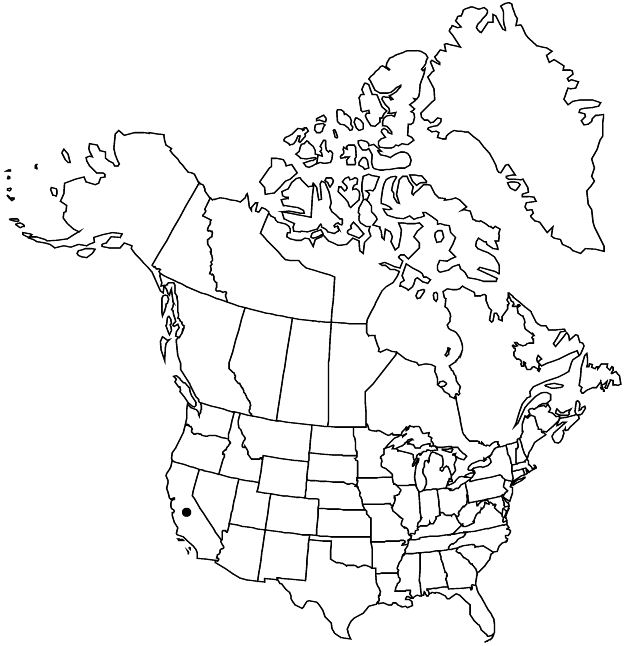Ceanothus cuneatus var. rigidus
Leafl. W. Bot. 10: 350. 1966.
Shrubs, 0.5–1.5 m. Stems erect, ascending, or spreading; branchlets gray to grayish brown. Leaf blades of fascicled and non-fascicled leaves flat to ± cupped, widely obovate to orbiculate, 4–10 × 4–6 mm, length usually less than 2 times width, margins 5–9-toothed, apex rounded to truncate. Flowers: sepals, petals, and nectary usually pale to deep blue, rarely white. Capsules 5–6 mm wide. 2n = 24.
Phenology: Flowering Feb–Apr.
Habitat: Sandy soils, flats, dune swales, maritime chaparral, pine forests.
Elevation: 10–400 m.
Discussion
The typical form of var. rigidus is restricted almost entirely to sandy soils of coastal hills and mesas in the southern Monterey Bay region, although plants with denticulate leaf blades occur near Morro Bay in San Luis Obispo County. The name Ceanothus rigidus var. albus Roof was applied to low-growing plants with spreading stems and white flowers. Such plants apparently have been extirpated on the Monterey peninsula and survive only in cultivation.
Selected References
None.
